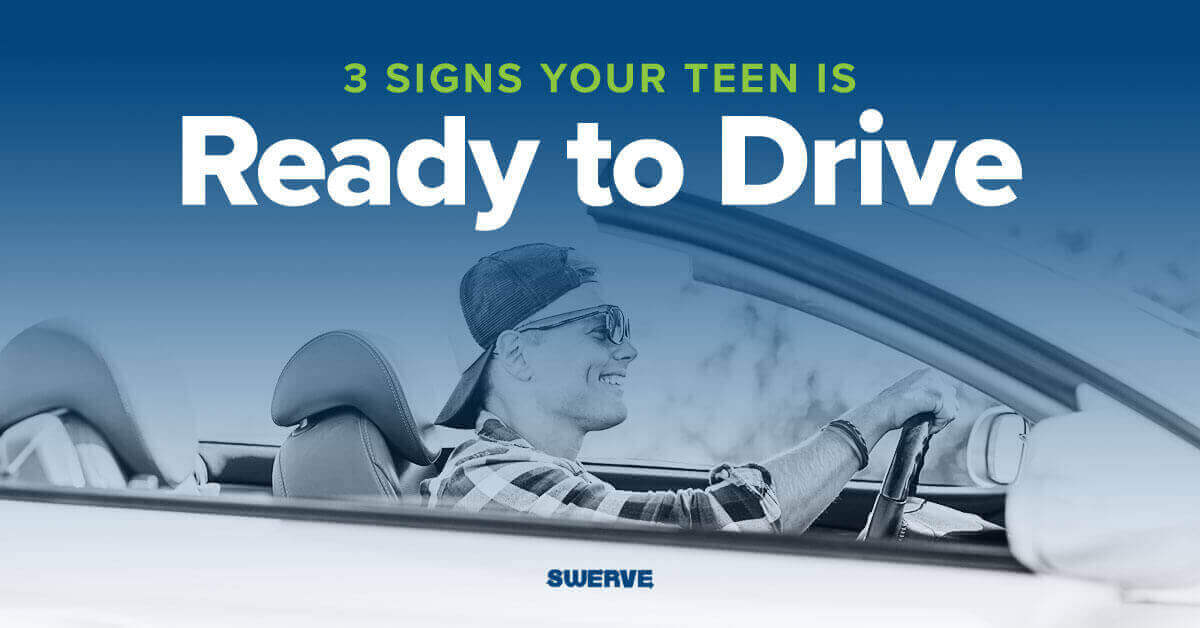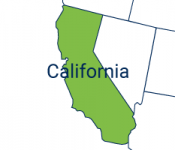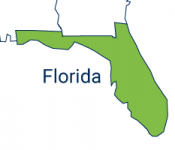 Sixteen it a transformative age for many teenagers across the country because it means freedom. More freedom to do what they want, more responsibility, and a chance to be more like an adult. Not all teens are ready to drive on their sixteenth birthday though. States have tests that check for the readiness with knowing laws and how to handle a vehicle, but parents know their own child better than anyone else. If you aren’t sure if your child is ready to drive or not, here are three signs that can help you decide.
Sixteen it a transformative age for many teenagers across the country because it means freedom. More freedom to do what they want, more responsibility, and a chance to be more like an adult. Not all teens are ready to drive on their sixteenth birthday though. States have tests that check for the readiness with knowing laws and how to handle a vehicle, but parents know their own child better than anyone else. If you aren’t sure if your child is ready to drive or not, here are three signs that can help you decide.
1. Meeting Expectations
Making and keeping commitments is an important lesson to learn in life. As the parent, you should set expectations for your teenager to keep that are clear and fair. Getting a driver’s license is a serious step for a teenager because they are making a large commitment. Seeing how well they meet the expectations you set is a good indicator of how serious they are in getting a license and that they realize the responsibility that goes with it.
2. Knows Boundaries
While most teenagers do things that clearly weren’t very well thought through, there are still things they do that let you know they understand boundaries. Some of these boundaries are not participating in unsafe behaviors, acting appropriately in class, and keeping family rules. Teenagers are professional boundary pushers and won’t always act perfectly, but you can learn a lot by really paying attention. What boundaries they are pushing and why? If you can talk to them, it will give you a glimpse into their understanding of what is important.
3. Understands Consequences
One part of brain development that happens during the teenage years is being able to foresee consequences. If a student does their homework and hands it in, they have a higher chance of learning the material and being successful in the classroom. However, if a student continually sleeps in late and doesn’t get to school on time, their chance of passing that morning class is very small. If your teenager is having a hard time understanding the concept of creating desired consequences, it might be more difficult for them to understand the seriousness of speeding, drinking and driving, and even texting while driving.
If you don’t think your child is ready to drive, it’s important for you to talk to them about it. The government will never issue a driver’s license or permit to a minor without the consent of their parent. Make sure you are loving and kind while you explain the reasons why you think that and then help them see what steps they can take to become ready. Remember that no one is perfect and allow your teenager to change and try again.
If you feel like your child is ready to drive, make sure you have a talk with them about your expectations. Check in with them often and always let them know you’re ready to answer any questions about driving that may come up. From grades to driving the speed limit, you help your teen succeed when you let them know you lovingly hold them to a high standard.



